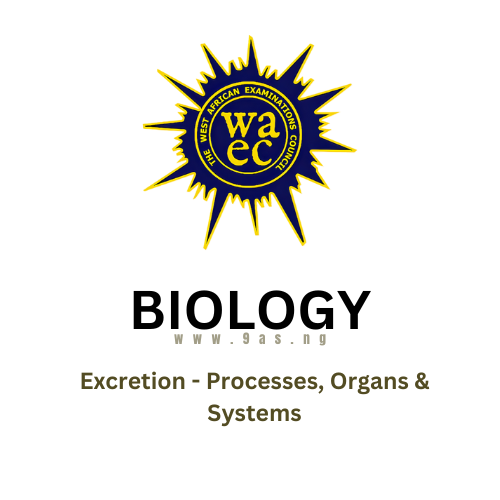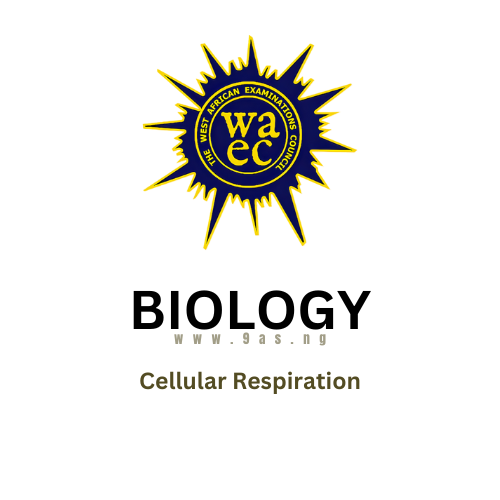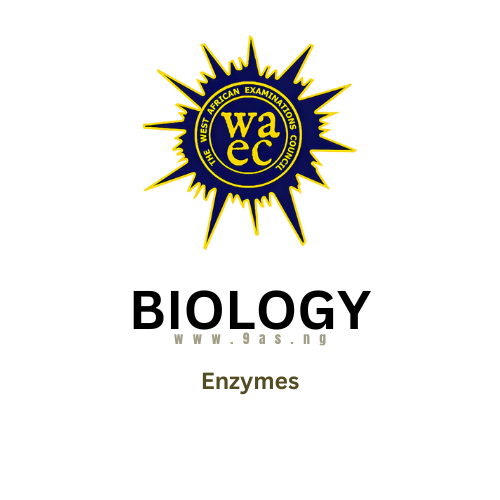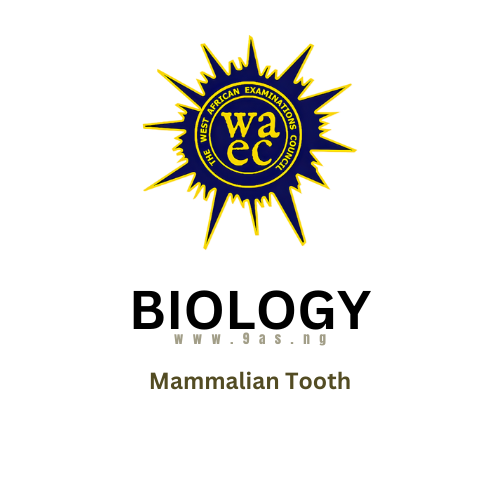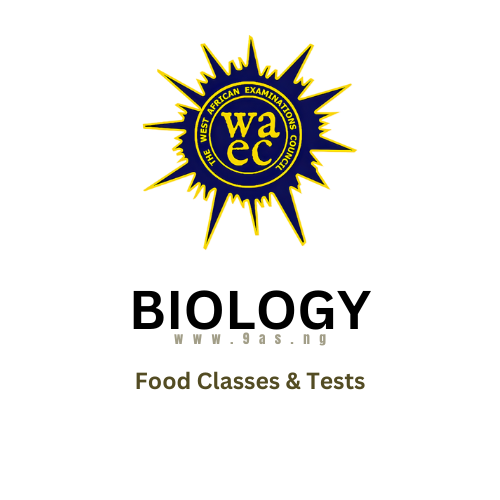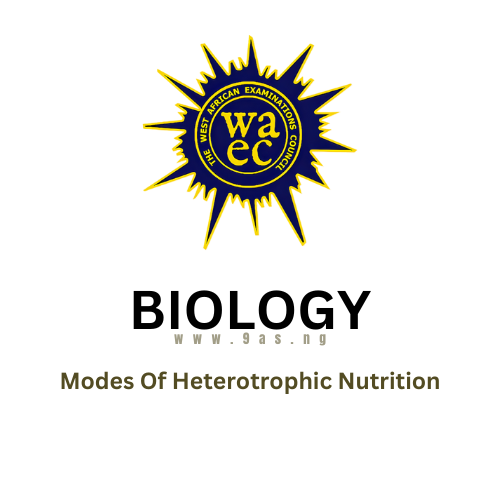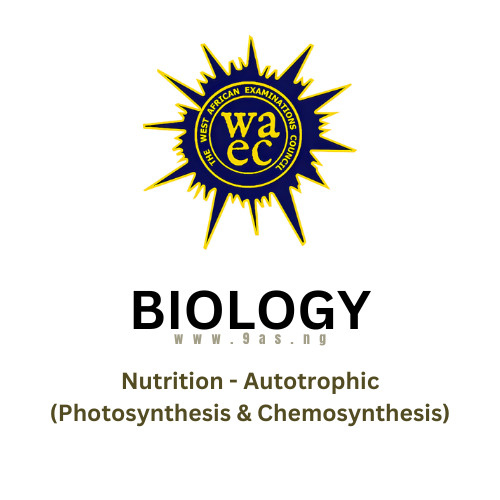Posted inWASSCE
WAEC Biology Questions On Excretion – Processes, Organs & Systems
Introduction: Excretion is a vital physiological process in all living organisms, responsible for removing metabolic waste products and maintaining internal balance. In humans, this involves the coordinated function of various organs and systems to eliminate substances like urea, carbon dioxide, and excess salts. Key Concepts: 1. Definition of Excretion: Excretion…

